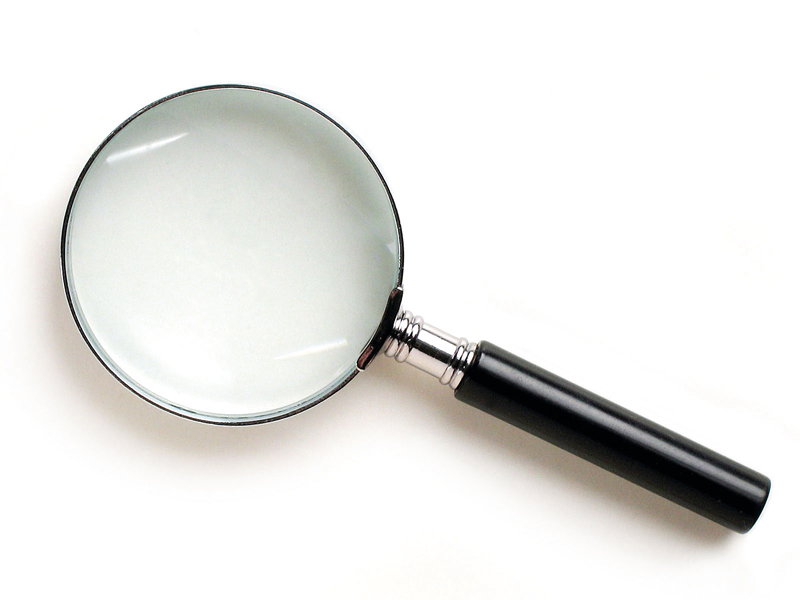
UK law means that the consumer enjoys a relatively powerful position when it comes to vendor disputes. Whatever you're in the market to buy, here's our 10 step guide to getting your own back if somebody messes you around. Oh, and if you've got a story you want investigated, let our colleagues over at PC Plus Watchdog know.
1. The consumer's rights
Statutory rights are the lynchpins of consumer rights. All goods bought from a trader – shops, street markets and online distributors – are covered by these rights, including those bought in sales. Goods have to be of satisfactory quality – that is, they must meet the standard that a reasonable person would regard as acceptable.
This bears in mind factors such as the way the goods were described, their cost and any other relevant circumstances. This also covers the appearance and finish of the goods, their safety and their durability. Goods must be free from defects, except when they have been brought to your attention by the seller.
2. Unfit goods0
Goods must be fit for their purpose, including any particular purpose mentioned by you to the seller. For example, if when buying a computer game, you explained that you want one that can be played on a particular type of machine, the seller must not sell you one that cannot.
The goods need only be reasonably fit for the purpose, but the seller is strictly liable if they are not. They must also be as described on the package, on a display sign or by the seller.
Get daily insight, inspiration and deals in your inbox
Sign up for breaking news, reviews, opinion, top tech deals, and more.
3. Second-hand shenanigans
If you're buying second-hand goods, your rights are reduced slightly. If something goes wrong then you must take into consideration the price paid for them when deciding whether you can expect the trader to put things right. You can't reasonably expect the goods to be of perfect quality, and so you should have lower expectations of their performance.
4. Business purchases
Businesses are deemed not to need as much protection as consumers because they enjoy a more equal bargaining position with traders. This doesn't mean that business purchases have no protection, however. Although not enshrined in law, the 'traditional' elements of the Sale of Goods Act – such as 'satisfactory quality' and 'fit for purpose' – are still relevant. A self-trader buying goods for the home and not their business is deemed a consumer.
5. Private sales
If you buy goods from a private individual – through a newspaper advert or at a car boot sale, say – then you have very few legal rights. That doesn't mean that you have no rights, however: if the seller offers a description of the goods, they must match the description given. If they don't, you may be entitled to compensation. It's a criminal offence for a business to pretend to be a private seller inorder to avoid its legal responsibilities.
6. Tricksy vendors
Some vendors wash their hands of responsibility once a sale is completed. They're effectively trying to sidestep dealing with defective goods by deflecting the customer towards the manufacturer. This is wrong. Your contract is with the vendor, not the manufacturer. It's always the responsibility of the vendor to sort out problems with defective goods.
While most box-shifters lack repair facilities, they don't lack the ability to replace defective goods or provide refunds on the spot. Warranties are a very useful second line of defence, but in the first instance primary liability rests with the people that sold you the goods.
7. Refund entitlements
You don't have to accept a replacement or a free repair instead of cash: you're entitled to the return of your money if the goods are faulty, not as described or not fit for their purpose. Absence of a receipt is no obstacle either: you're still entitled to a refund as long as you can prove that you bought the goods from that particular seller.